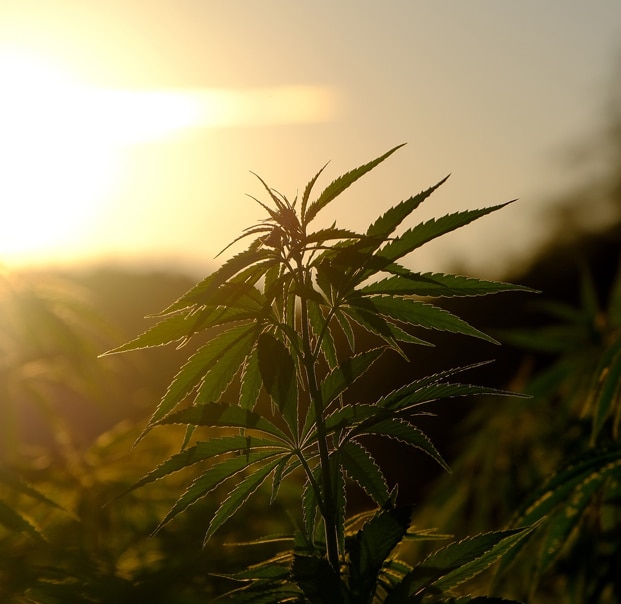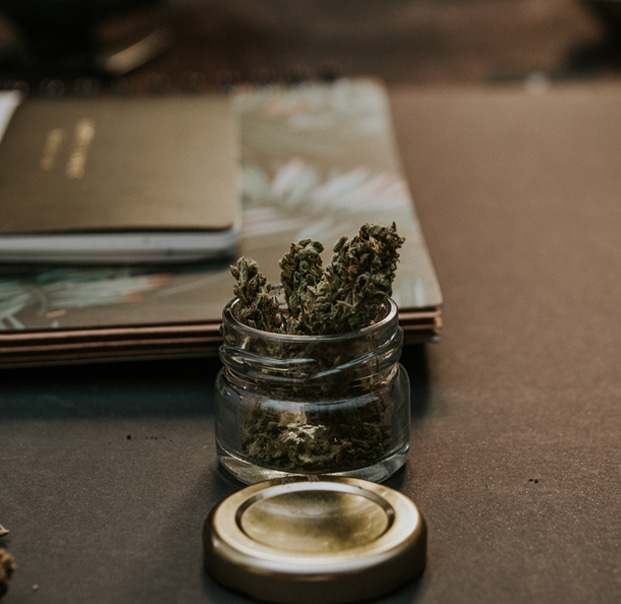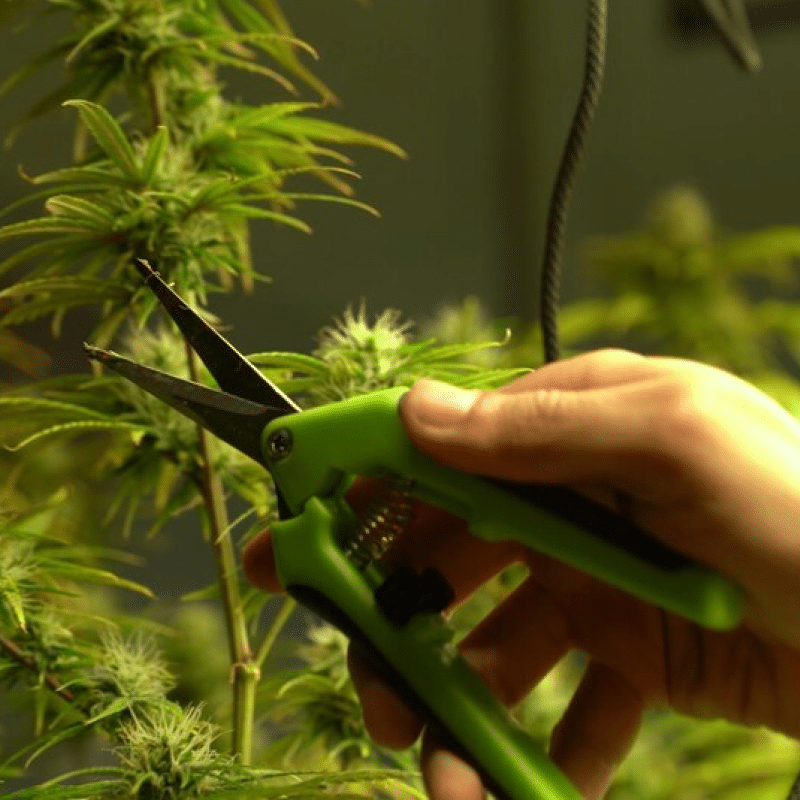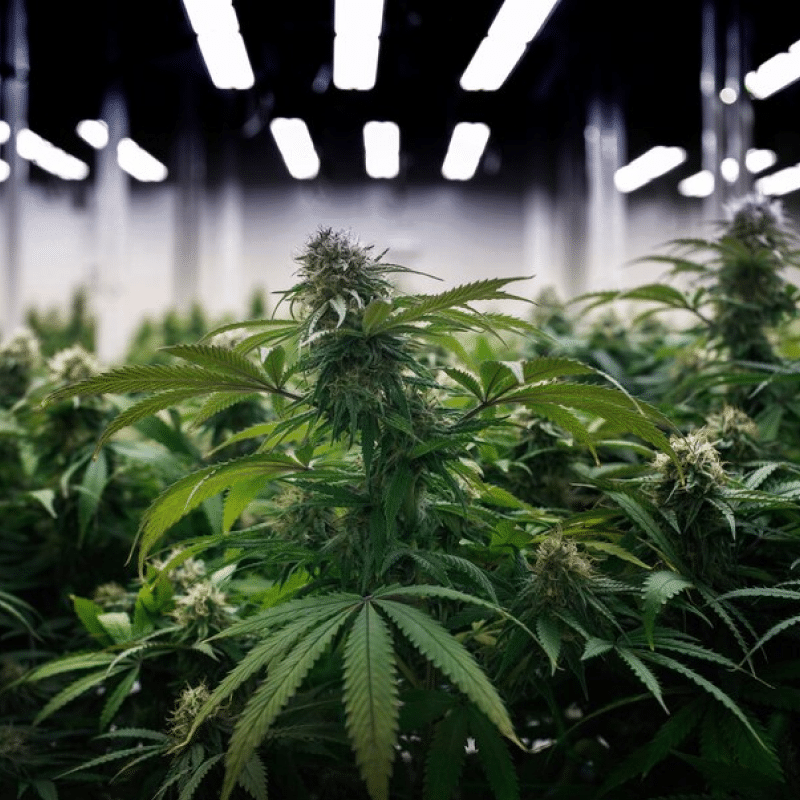Historical Context
In South Carolina, both medical and recreational use of cannabis is illegal. The state has not decriminalized marijuana, and efforts to legalize medical marijuana have faced obstacles.
The South Carolina medical marijuana program is designed to provide relief to eligible patients. Obtaining a South Carolina marijuana card allows eligible patients to purchase medical marijuana through authorized channels in the State.
Notably, Julian’s Law permits the use of low-THC CBD oil for patients with severe forms of epilepsy, indicating a very restricted acceptance of cannabis-related products for medical purposes.
Types of Cannabis Licenses in South Carolina
Cultivation
Permits for growing cannabis, with various tiers based on facility size and growing conditions.
Manufacturing Licenses
Allows for processing cannabis into various products, including extracts and edibles.
Retail Licenses
Required for transporting cannabis products between licensed facilities.
Distribution Licenses
Required for transporting cannabis products between licensed facilities.
Cultivation
Note: Not all states require a separate distribution license. In some markets, cultivators and manufacturers can transport their own products directly to retailers.
Back to the TopManufacturing Licenses
Note: Not all states require a separate distribution license. In some markets, cultivators and manufacturers can transport their own products directly to retailers.
Back to the TopRetail Licenses
Note: Not all states require a separate distribution license. In some markets, cultivators and manufacturers can transport their own products directly to retailers.
Back to the TopDistribution Licenses
Note: Not all states require a separate distribution license. In some markets, cultivators and manufacturers can transport their own products directly to retailers.
Back to the TopHow to Obtain a Cannabis License in South Carolina
Currently, the focus in South Carolina is on hemp cultivation rather than a broad cannabis license. Interested parties must apply through the South Carolina Department of Agriculture for a hemp farming permit, following specific guidelines and regulations set forth by the state.
Payment and Fees
Note: Fee structures are subject to change. Consult the official South Carolina cannabis regulatory website for current fee schedules.
Application Fees
The application fee covers the initial costs associated with processing and reviewing cannabis business license submissions in South Carolina. These fees vary depending on the type of license and the size of the proposed operation. It’s essential to ensure all application materials are complete and accurate to avoid delays or additional costs.
License Fees
License fees are required to maintain compliance and secure operating privileges for cannabis businesses in South Carolina. These fees are determined based on the license type, such as retail, cultivation, or distribution, and are typically due annually. Staying current with license payments is crucial to avoid penalties or disruptions in business operations.
Remaining Compliant with South Carolina Regulations
Given the legal landscape, engaging in cannabis-related activities in South Carolina carries significant risks, particularly due to the state’s punitive approach to marijuana possession and use. Compliance with state laws and staying informed about legislative changes is crucial.
Risk and Compliance Factors From AlphaRoot
The cannabis industry, while burgeoning with opportunities, is not without its complexities and inherent risks. Understanding and mitigating these risks is crucial for long-term success. AlphaRoot, a prominent insurance and risk management firm specializing conduct business in the cannabis sector, sheds light on the key risk and compliance factors
1. Regulatory and Legal Risks
Labyrinthine Regulations The cannabis industry is highly regulated, and compliance with state and local laws is paramount for cannabis establishments. Navigating the intricate web of regulations, which can vary significantly from one jurisdiction to another, poses a substantial challenge for cannabis establishments. Failure to comply can result in fines, license revocation, or legal consequences.
Federal Ambiguity Cannabis remains illegal at the federal level in the United States, despite state-level legalization of recreational marijuana. This dichotomy creates uncertainties and exposes businesses that sell recreational marijuana here to potential federal enforcement actions.
2. Financial Risks
Cash-Intensive Operations Due to federal banking restrictions, many cannabis businesses operate primarily in cash. This not only presents security risks but also complicates financial management and taxation.
Taxation Challenges Cannabis businesses face unique tax challenges, including limitations on deductions and potential audits. Understanding and complying with tax regulations is essential to avoid financial penalties.
3. Security Risks
Theft and Robbery Cannabis businesses are susceptible to theft and robbery due to the high value of their products. Implementing robust security measures at a marijuana cultivation facility, including surveillance systems and secure storage, is vital to mitigate these risks.
Cybersecurity As with any industry, cannabis businesses are vulnerable to cyberattacks. Protecting sensitive customer data and business information is critical.
4. Product Liability and Quality Control
Product Liability Claims Ensuring the safety and quality of cannabis products is crucial to prevent product liability claims. Contaminated or mislabeled products can lead to legal and financial repercussions.
Testing and Quality Assurance Collaborating with reputable independent testing laboratory and facilities, as required by regulations, is essential to verify the safety and potency of cannabis products. Consistent quality control is essential to maintain consumer trust.
5. Market Competition and Volatility
Saturated Markets in regions with a high concentration of cannabis businesses, competition can be fierce. Navigating market saturation requires effective differentiation and marketing strategies.
Price Volatility The price of cannabis products can fluctuate significantly, impacting profitability. Businesses must adapt to market dynamics and price changes.
6. Environmental and Sustainability Concerns
Resource Intensity Cannabis cultivation and processing can be resource-intensive, including water and energy consumption. Businesses need to address sustainability concerns and adhere to environmental regulations.
Waste Management Proper waste disposal and recycling practices are essential to minimize environmental impact and meet regulatory requirements.
7. Talent and Workforce Challenges
Talent Shortages the cannabis industry often faces challenges in recruiting and retaining qualified personnel due to its specialized nature. Employee turnover can disrupt operations.
Training and Compliance Businesses must invest to ensure employees are well-informed about compliance and safety protocols.
Cannabis License in South Carolina FAQ
No, medical marijuana is currently illegal in South Carolina, with the exception of low-THC CBD oil for certain conditions under Julian’s Law.
Yes, hemp cultivation is legal with a permit from the South Carolina Department of Agriculture.
Due to strict laws, engaging in unauthorized cannabis activities can result in severe penalties, including imprisonment and fines.
For those interested in the cannabis industry in South Carolina, staying informed about the legal landscape and potential legislative changes is essential.
About the Author

AlphaRoot Team
The AlphaRoot marketing team are seasoned experts with deep knowledge of the cannabis industry. Our informative articles help cannabis businesses thrive in a competitive landscape. From compliance to insurance tips, we’re dedicated to providing advice tailored to your needs.





